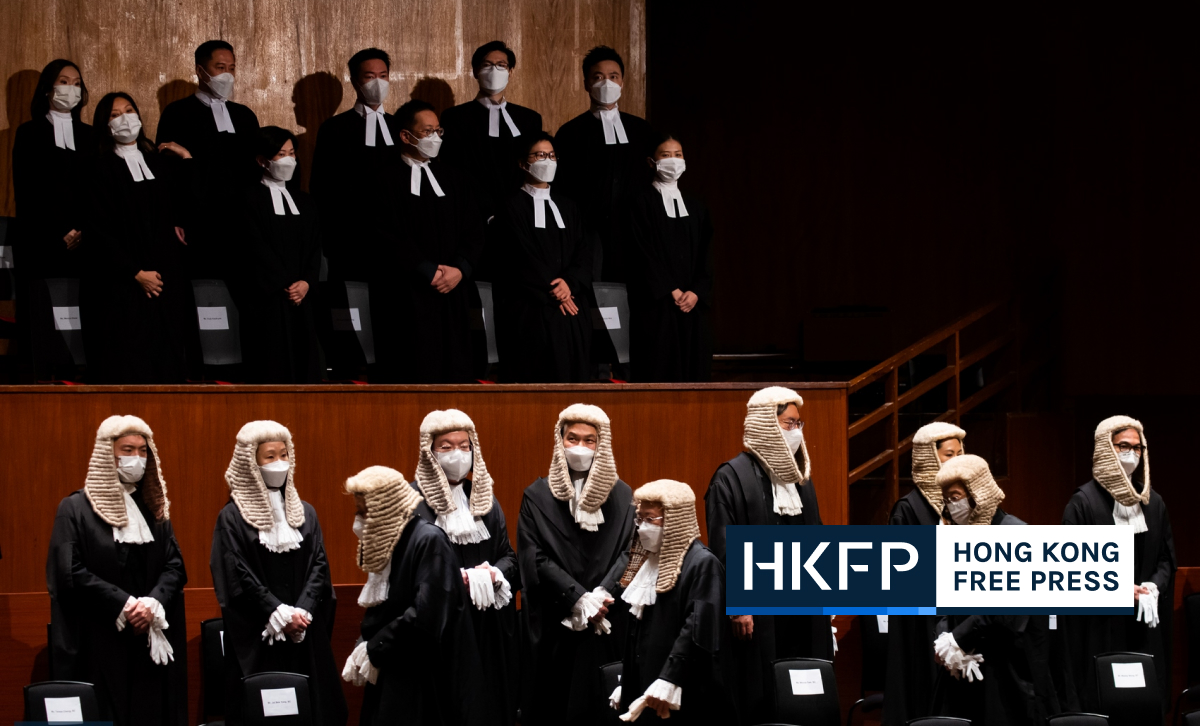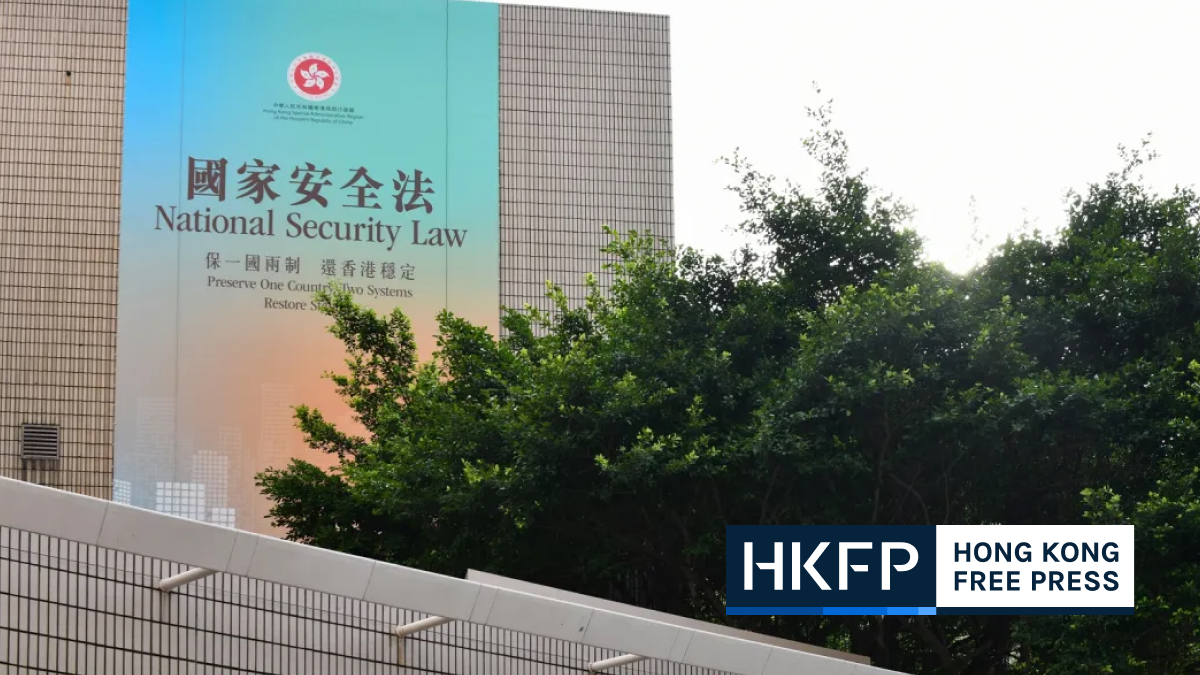A senior government advisor has urged “restraint” from pro-establishment lawmakers who demanded legal reforms after a Hong Kong court rejected an injunction against the broadcast and performance of a pro-democracy protest song with illegal intentions.

Speaking on a Commercial Radio program on Tuesday morning, lawyer and Executive Councillor Ronny Tong said lawmakers should not attempt to persuade the public by “being loud.” His remarks came a day after the city’s Department of Justice (DoJ) said it would seek to appeal the High Court decision not to grant an interim injunction prohibiting unlawful acts linked to protest anthem Glory to Hong Kong.
Pro-establishment lawmakers – including Holden Chow and Elizabeth Quat, both of pro-Beijing party the Democratic Alliance for the Betterment and Progress of Hong Kong (DAB), and president of pro-Beijing party the Hong Kong Federation of Trade Unions Stanley Ng – hit back at the ruling on Facebook earlier this week.
They were among several lawmakers who jointly called for the DoJ to launch an appeal in a report published in the state-backed newspaper Wen Wei Po on Monday, ahead of the government’s announcement that afternoon.
‘Respect judicial independence’
On Tuesday, Tong asked lawmakers to instead “exercise restraint,” and hold off on doing things that might exert pressure on the courts.
“Under One Country, Two Systems, we need to respect judicial independence,” the senior counsel said in Cantonese. “I think, in a society with rule of law, this should not happen. I hope our lawmakers can understand, and have some faith in our judicial system.”
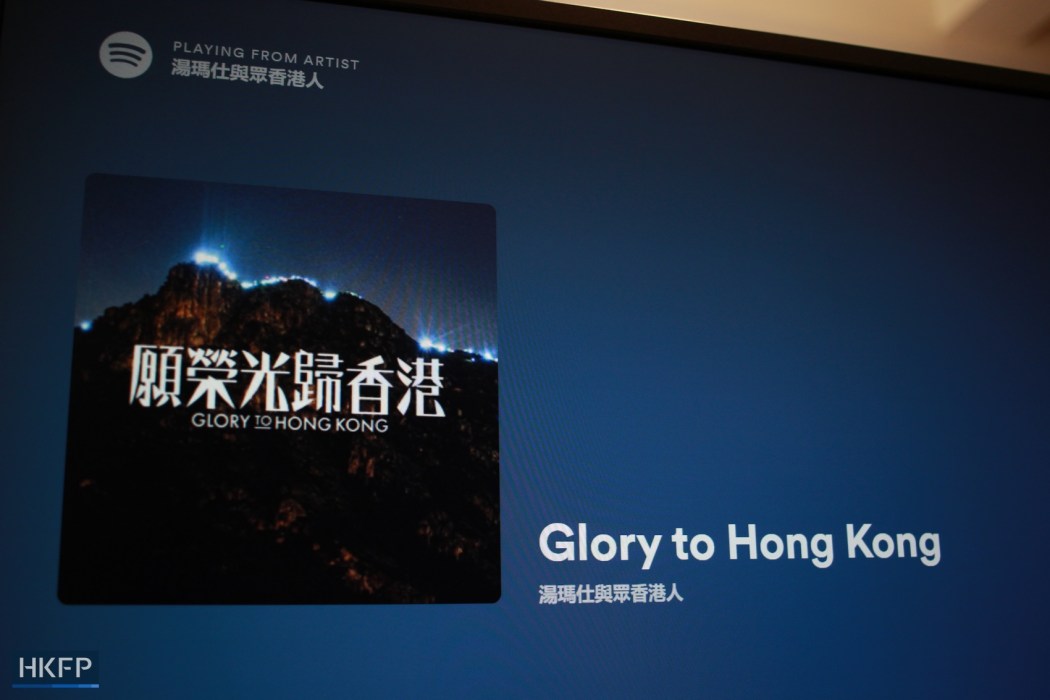
“I think we should persuade others through reason, not by being loud or being part of a large group,” Tong added.
On lawmakers’ remarks that legal reforms were in order because the judicial system had allegedly failed to safeguard national security, Tong said the need for reforms could not be determined simply based on how one fared in court.
“If you win, you think that’s okay, but if you lose, you call for reforms. I’m sorry, but I can’t agree with this view,” he said. “Discussing legal reform is fine, but not under these circumstances.”
Tong also said the court acknowledged that Glory to Hong Kong posed a legitimate threat to national security.
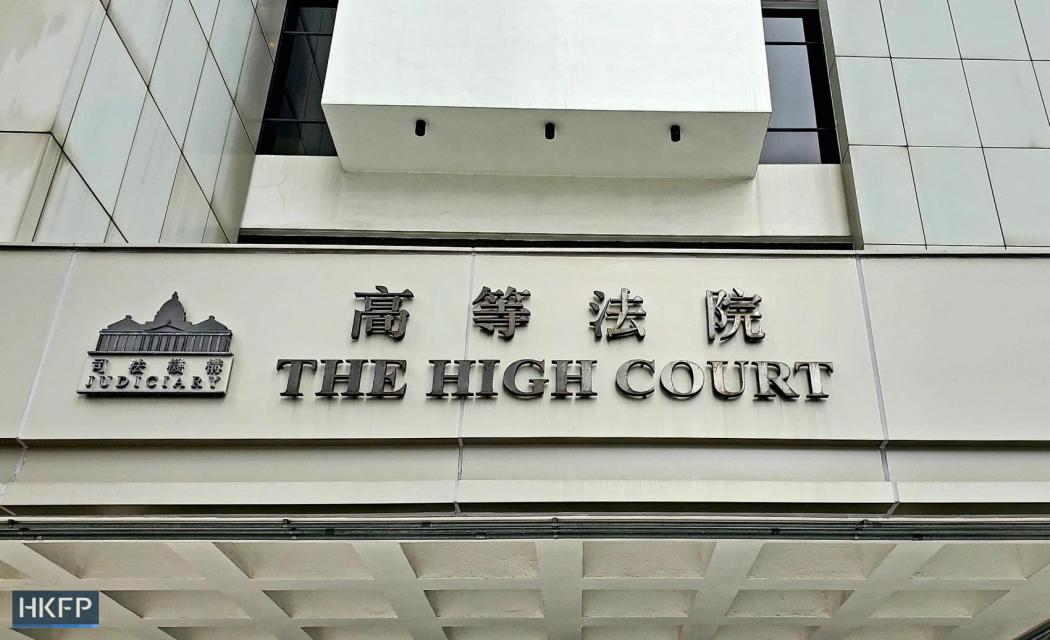
“But is an injunction a suitable way to deal with this? That’s what [the judge] is asking,” he said. “I’d rather we focus on that. Accusations that the judge is ‘yellow’ or that he didn’t do his duty aren’t just unfounded – they’re unfair.”
In the ruling handed down on July 28, the High Court said an injunction “is not of any real utility” and could conflict with the national security law. An injunction — a civil court order — would also be in conflict with criminal law, raising concerns over potential double jeopardy.
Tong disagreed that the injunction could have “chilling effects” on freedom of expression, as stated in the ruling. “If it involves national security, then that’s not [a matter of] freedom,” he said.
‘Considerable difficulty’
Tong told Commercial Radio last week that the High Court ruling accepted the chief executive’s certification that the four acts the government sought to ban were “contrary to the interests of national security.”
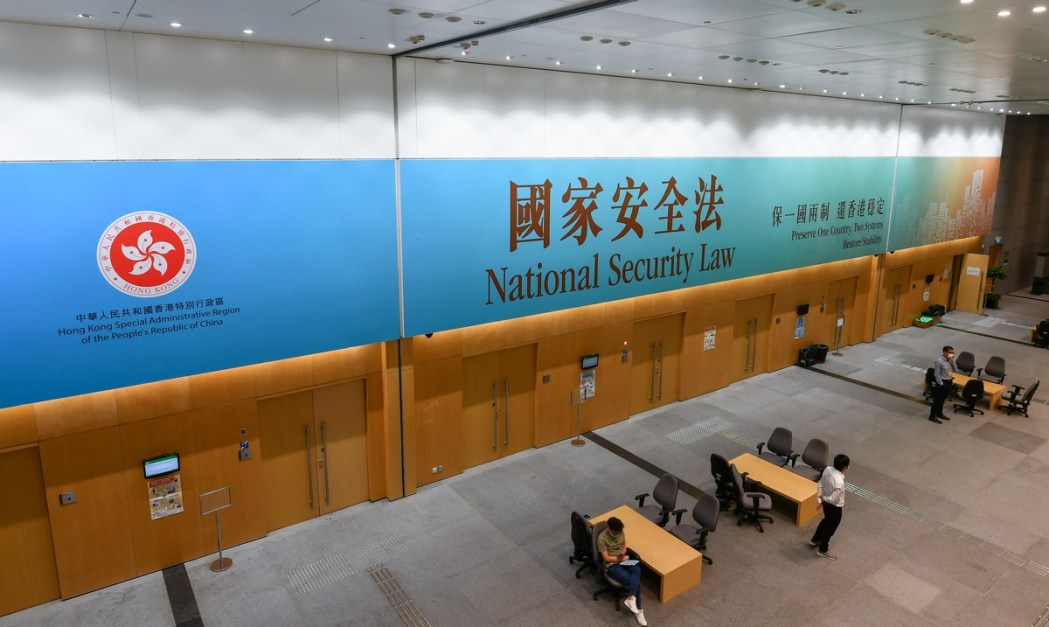
But he also said that the government would face “considerable difficulty” if it chose to appeal, saying: “If [the government] insists on appealing and loses the appeal, it will not be a good look for the government, politically it would not be a good look.”
In its application for the injunction, filed on June 5, the DoJ sought to bar the distribution of the pro-democracy protest song with the intention to incite secession, sedition, or to violate the national anthem law. The government also sought to bar anyone from assisting with those acts.
The administration applied for the injunction following several mix-ups at international sporting events, when organisers relying on Google searches mistook the protest song for the national anthem, China’s March of the Volunteers.
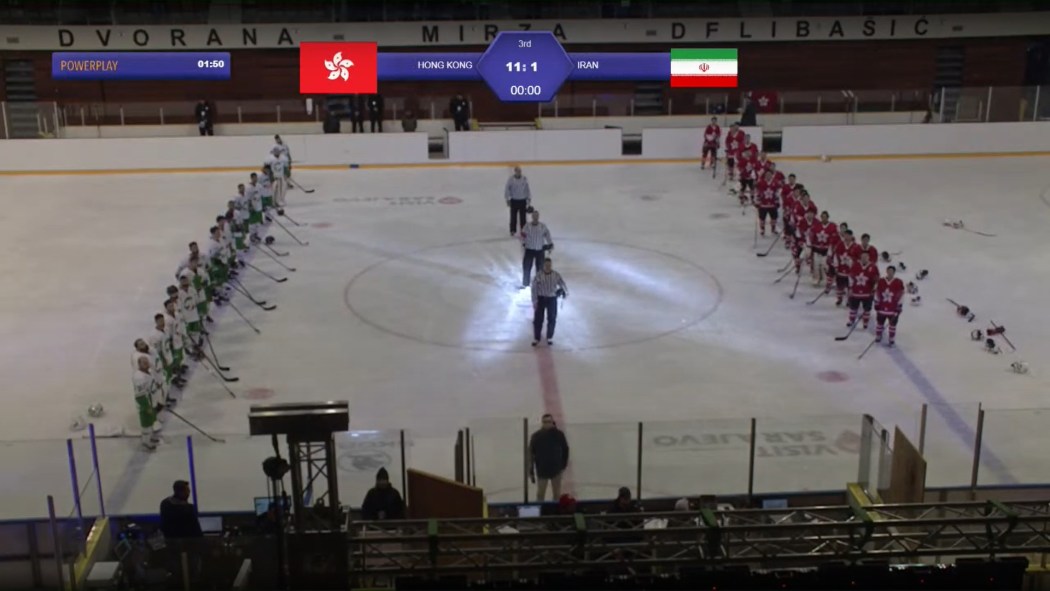
The lyrics of Glory to Hong Kong, a song popularised during the 2019 extradition bill protests, contain the phrase, “Liberate Hong Kong, revolution of our times,” a slogan that was ruled to be capable of inciting secession during the city’s first national security trial.
In June 2020, Beijing inserted national security legislation directly into Hong Kong’s mini-constitution – bypassing the local legislature – following a year of pro-democracy protests and unrest sparked by a controversial amendment bill.
The security legislation criminalised subversion, secession, collusion with foreign forces and terrorist acts, which were broadly defined to include disruption to transport and other infrastructure.
The move gave police sweeping new powers, alarming democrats, civil society groups and trade partners, as such laws have been used broadly to silence and punish dissidents in China. However, the authorities say it has restored stability and peace to the city.
Support HKFP | Policies & Ethics | Error/typo? | Contact Us | Newsletter | Transparency & Annual Report | Apps













